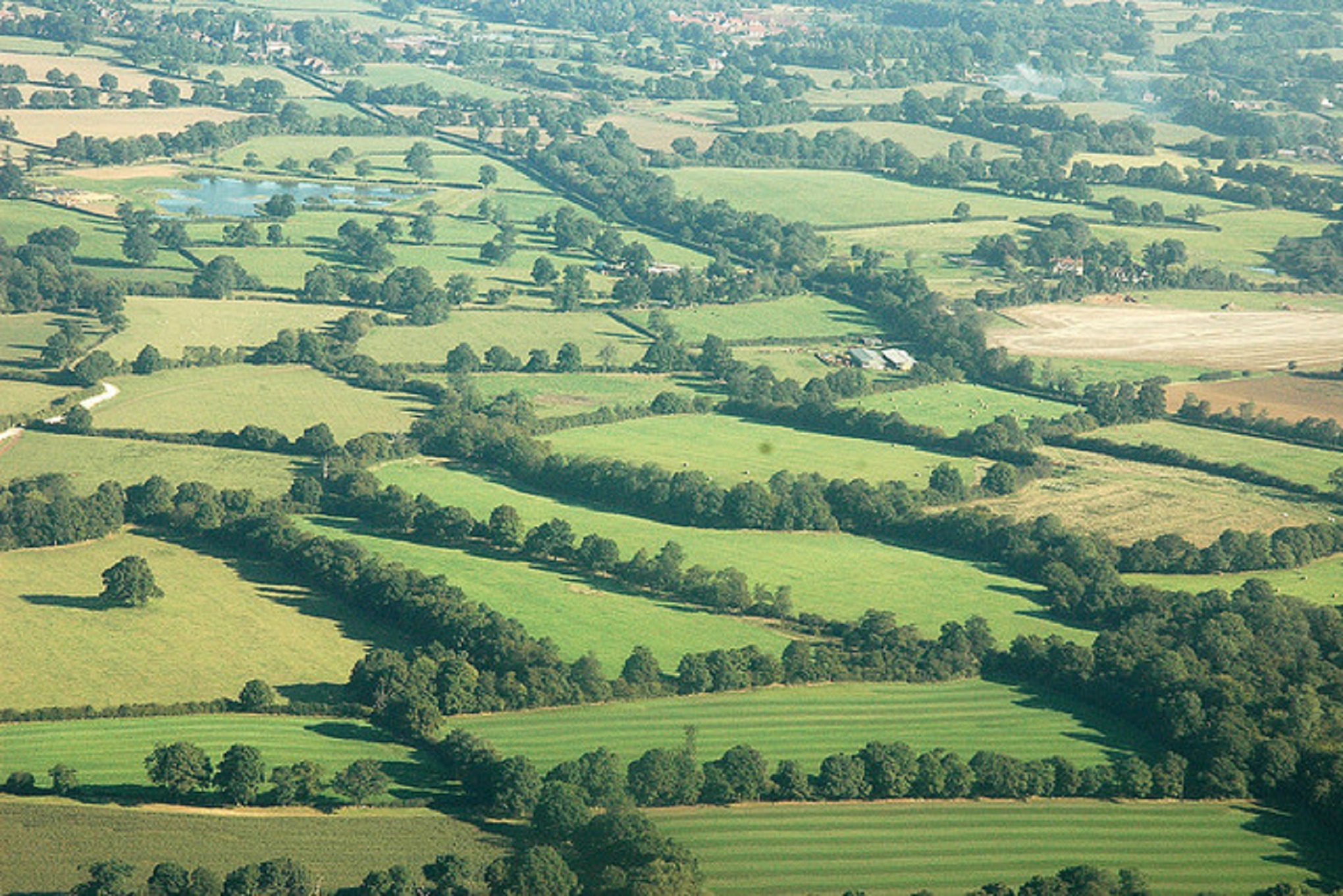
The UK farmland market is set to remain steady throughout 2017 despite the Brexit vote, which had a 'muted impact' overall, according to land agents.
Strutt & Parker said the Brexit vote had been the 'defining moment' of 2016 for British politics but its impact has been 'more muted than perhaps some anticipated,' while agents Knight Frank said the predicted slide in land prices following the vote was not as bad as first feared.
"Brexit's biggest impact was to cause uncertainty, which did result in a slowdown in the amount of land coming forward over the first nine months of the year. However, there was resurgence in the last quarter," said Strutt & Parker.
"The big story in the farmland market has continued to be the impact of the squeeze on farm profits as a result of low commodity prices.
"With around half of all farmland transactions being "farmer-led", it is not surprising that as farm incomes have dropped, so have average land prices. Arable values are averaging 4% lower than a year ago.
"An improvement in commodity prices, due mainly to the weakening of sterling, may well have a positive effect on land prices going forward."
'Resilient'
Data from Knight Frank's Scottish Farmland Index said average arable land prices sold during the last quarter of 2016 matched those sold in the same period in 2015.
"The market in the second half of last year remained relatively resilient thanks to a lack of supply versus strong demand," said Knight Frank’s head of Scottish farms, Tom Stewart-Moore.
Carter Jonas said rural returns are forecast to be 'mildly positive' in 2017.
"Although many landowners and potential investors will be waiting to see how Brexit may affect agricultural policy.
"Over the next 12 months, rural land is expected to remain in high demand, as margins in the sector continue to recover due to lower costs and increasing commodity output prices."
'Some pressure'
Savills said despite the benefits of the weak pound on outputs and subsidies, they expect the average value of all types of farmland across Great Britain to 'remain under some pressure' in the immediate short term as current debt in the industry filters into sales.
Savills rural associate, Jamie Wedderspoon said: "The longer term outlook for land value remains very positive, with values forecast to grow by 5.5% across the UK over the next five years.
"In the short term, the downside of Brexit on farmland values is likely to be muted. The weak pound creates a favourable buying environment for overseas buyers and this, along with the potential reduced supply driven by uncertainty, will help support farmland values."
Much will depend on the outcome of the UK’s trade negotiations with the EU and the rest of the world, as well as how the government decides to replace the CAP.
"If any of these changes render some farming businesses unsustainable we will likely see more land come to the market," the Knight Frank report said.
"This could put downwards pressure on values, but it will also present opportunities for entrepreneurial businesses and investors, and demand should remain firm."
